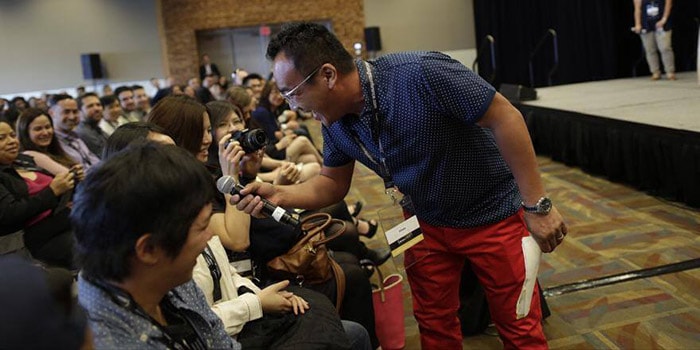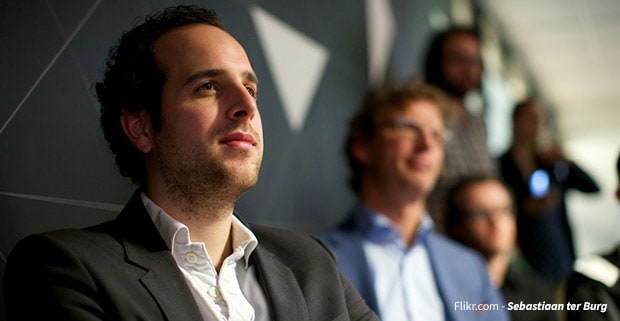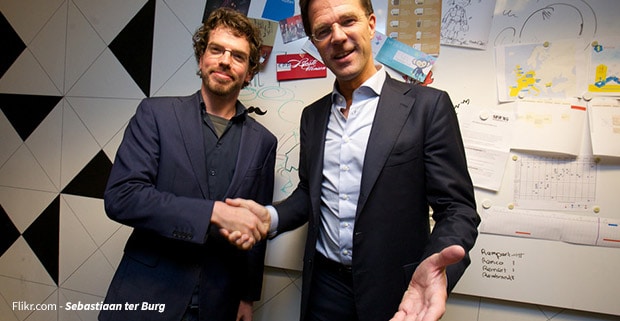Do you feel stuck in your career? Looking for a new direction? Take a little advice from startups, and pivot!
“YouTube started as a video dating site called Tune in Hook Up. PayPal was a way to exchange funds on Palm Pilots. What, I wondered, can actual human beings learn from the lessons of great startups?” says Bruce Kasanoff in his article, Pivot Yourself! (Career Lessons from Startups).
Here are some ideas that Kasanoff gleaned from The Startup Owner’s Manual, written by Steve Blank and Bob Dorf. They can help you pivot your career and move toward what fulfilling your goals.
Startups fail, and fail often. That’s what they do. And it’s what you can give yourself permission to do, as well.
1. Change the Routine
Startups are known for doing things out of the norm. They seek out and listen to potential customers because they have to — they need them to survive and thrive. And you should do this, too.
“If you are dissatisfied with the course of your life, you have to break out of your routine and meet an entirely different collection of people. Hanging out with your old college friends is not the path to a successful personal pivot; to find new ideas, you have to meet new people, have different conversations, and gather new facts,” says Kasanoff.
2. Help Others
Startups don’t work because they get stuck on an idea and not on the problem the idea can solve. In other words, they forget the ultimate goal is not to help themselves but to help other people. This is also often a personal career issue, as well. For both startups and individuals to succeed, both need to help others more than helping themselves.
3. Test Quickly
So you hang out with new people, you come up with a solution to a problem others have and you are off to the races, right? Not so fast. Test your new ideas first, and test them quickly before you fully commit. Continue reading








